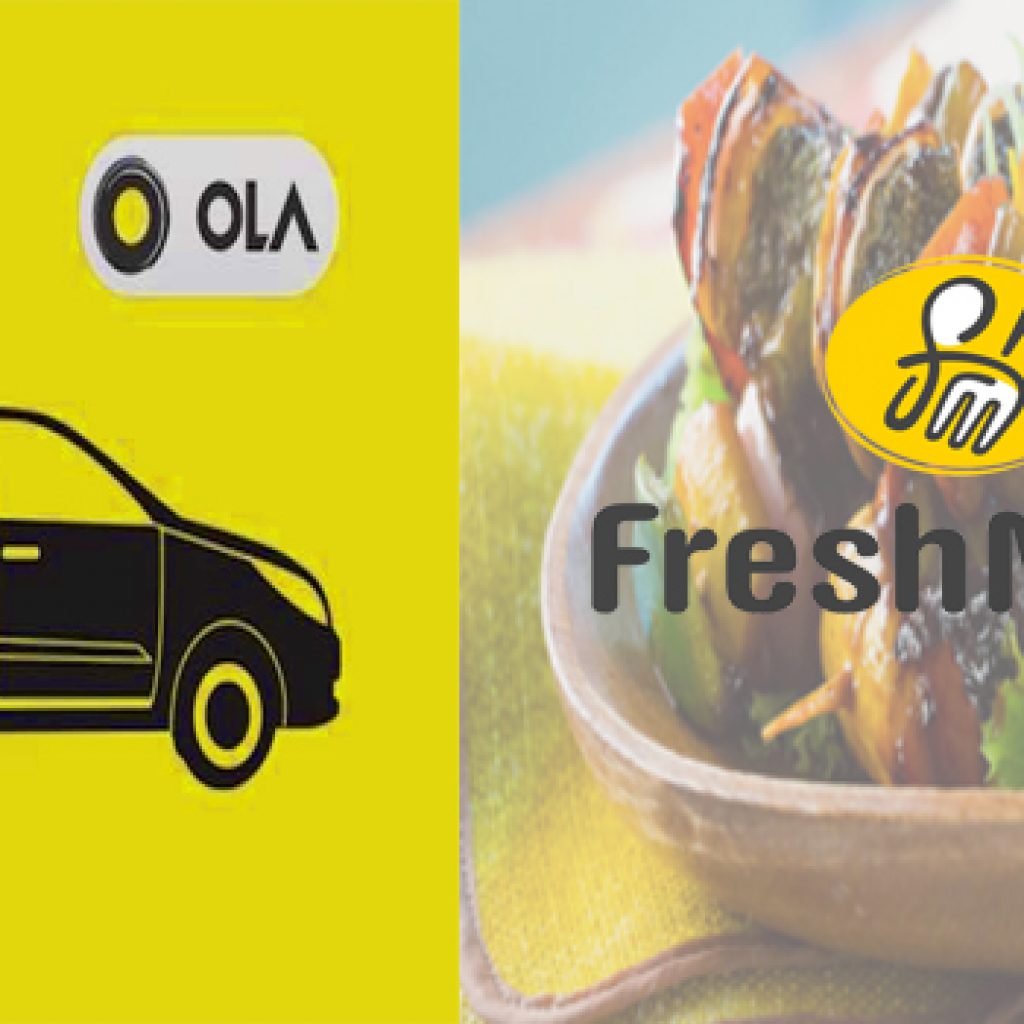
Ola is reportedly considering setting up an independent food-tech company after acquiring food ordering app Foodpanda in December and began negotiations to acquire additional private food firms.
Ola has already held talks with Freshmenu officials and another firm operating in the same market segment, according to three anonymous sources close to Ola. As of yet, no definitive decision has been taken on the matter.
Ola is also ready to raise the capital of Foodpanda later in the course of the year especially since food-tech competitors are raising huge sums of funding.
The anonymous sources also revealed that Ola is adopting a strategy similar to that of Flipkart as they see the prospects of a vertical integration in the food-tech market. Ola generates revenues from several outlets like its main cab hailing business, now Foodpanda as well and Ola Money. Additionally, Ola also acquired public transportation app Ridlr a week ago.
Similarly, to the Indian e-commerce giant, Flipkart, which acquired Myntra and Jabong and payment app PhonePe as a bid to catch the attention of investors, Ola’s CEO Bhavish Aggarwal wishes to buy several independent businesses to increase Ola’s overall valuation.
It is then quite logical that Ola is eyeing the online food delivery market since it caught the eye of several overseas investors, especially from East and SouthEast Asia in the last 6 months. For example, Swiggy and Zomato raised capital only two months after raising a previous round of funding thus signaling the potential of possessing assets in this growing market. Additionally, Ola is currently facing extreme competition with Uber, which is burning hundreds of crores of rupees in order to kick the Indian cab hailing out of the landscape.
The online food delivery market is currently booming with orders doubling since last year. A study from RedSeer Consulting indicated that daily orders reached a stunning 450,000 while it stood on the 200,000 mark last year. The study also indicates that Swiggy is the current leader in online food delivery, possessing 35-38% of the market share. Zomato trails the leader by little with 25-30% of the market share. Startups are also increasingly foraying in this market as well because the profit margins are significantly larger than in the grocery delivery or e-commerce. However, this is much likely to change in the coming months as Foodpanda, Zomato and Uber are preparing large cheques to steal some market shares off the current leaders.
